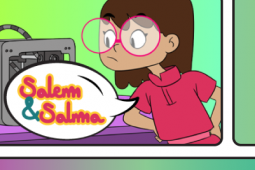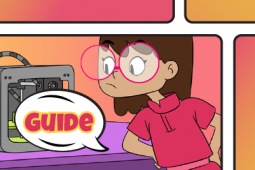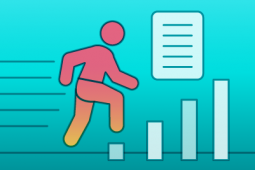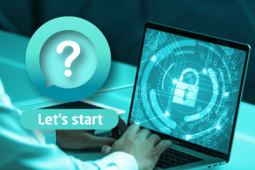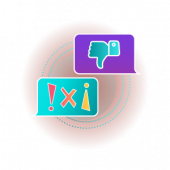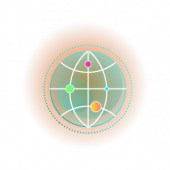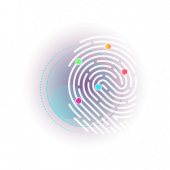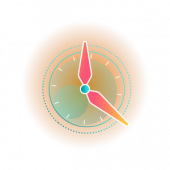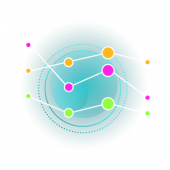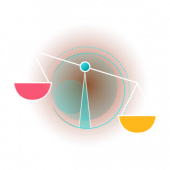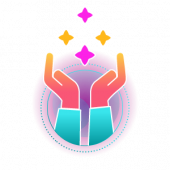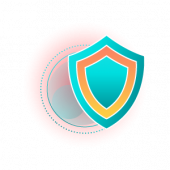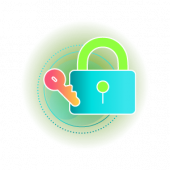How can I support my child’s digital competence through daily activities?
Digital Resilience for Content Creators

Social media remains a popular tool for networking, sharing photos and videos, and creating content of every kind.
It seems natural to almost all of us. Why not? Creating content takes a few clicks only. Too many platforms to do so. Different tools and apps to make it even easier.
Now take a breath from this fast-paced digital life. Read the below statements and see how each fits into your online routine of content creation.
- I am aware that security settings are not enough to protect my online safety.
- I am aware that posts on the internet remain forever even after deleting them because I can never know who has already seen or stored them or even re-shared them.
- I regularly filter my community in terms of the people I follow and those who follow me.
- I am mindful about the content I share, especially when it comes to its cultural and ethical appropriateness and to critical information, including check-ins, personal stories, private photos, and videos, etc.
If this gave you some ideas for your future online activities, welcome to the world of digital resilience. In this article, we will discuss digital resilience through examples of the risks you might face as a content creator and some preventive tips to stay safe against them.
What Is Digital Resilience?
Being digitally resilient means, you understand what risks exist online and how to seek help, learn from your experience and recover when things go wrong.
What Risks Exist Online for Content Creators and what they can do to overcome and avoid them?
1) Cyberbullying
Posting content can say a lot about you, and you never know when or who is stalking your profile and tracking your online activities to learn more about you for the sake of future harassment or bullying.
Tip: Think twice before posting any content and avoid sharing your vulnerabilities, weak points or personal confessions. You can always report hurtful comments or messages and unfriend or completely block people who try to harm you in any way.
2) Idea Theft
With unwatched privacy settings, anyone anywhere in the world could save or screenshot the work you share, whether for the aim of using it as is or creating a replica.
Tip: Use secure messaging apps to communicate your ideas and be selective about the people you share your ideas with. You might also add a watermark for copyright purposes to your work so that nobody can claim it to be theirs.
3) Loss of Opportunity
Sometimes recruiters use social media to check your profile behind the resume.
Tip: Only post what reflects who you really are and maintain a good online reputation. Keep your content and comments kind and friendly without using vulgar or negative words.
4) Phishing Emails
The content you share can make it easy for hackers to spot your interests and trick you to open emails or links that steal your data or other sensitive personal and financial information.
Tip: Stay moderate in the way you post about things you like and do, and don’t open messages that are from an unknown source or ask you for immediate action. Regularly check your friends’ list to make sure they are all people you know, and beware of accepting requests from accounts that feel odd.
5) Risks of sharing private information
You could expose yourself to many forms of danger, as serious as physical attacks and thefts when critical information reaches the wrong people. Such critical information might include places you go to, your address, car, medical information, etc.
Tip: Keep your posts generic and vague without revealing too much information. For example, don’t say “this is the view from my window, here is the coffee shop I visit on Fridays, we won’t be home for the weekend, etc.”
Online risks could knock on your door anytime. It is important to understand this, keep an open eye, and think more critically about your online activities. To cope better, sometimes you’d need to back up important photos and videos in case your profile gets hacked, and sometimes you’d have to create a totally new account. It’s all part of being digitally resilient.
Finally, share this information with a friend, help a younger sibling and let digital resilience spread!
@2x.png)



